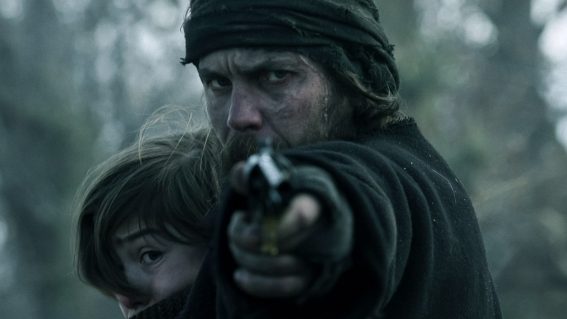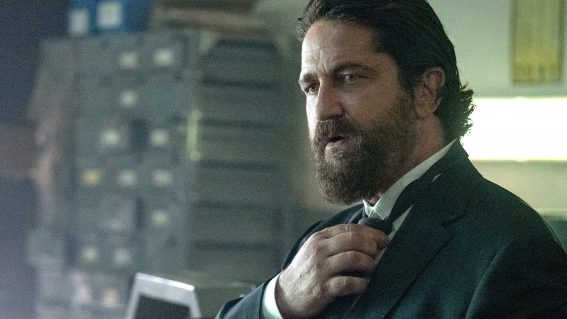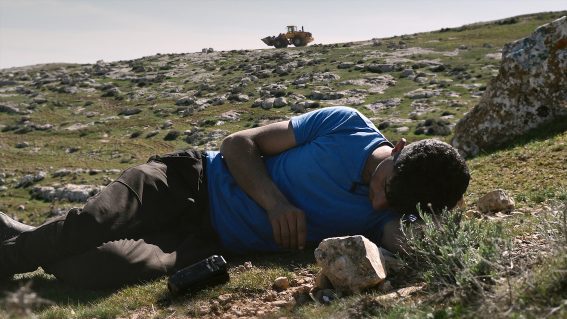Revisiting the Eddie Murphy movie with a 0% Rotten Tomatoes score
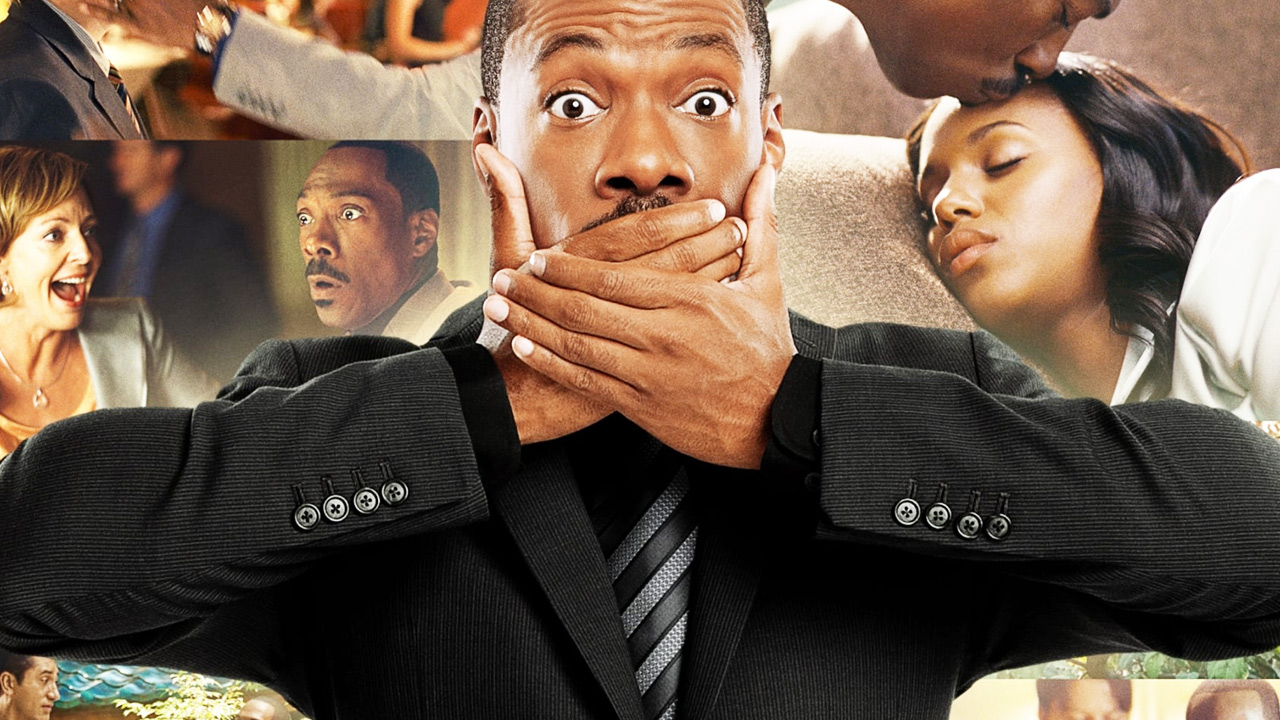
With Eddie Murphy set to reprise his iconic Axel Foley role for Netflix, Luke Buckmaster checks out one of the comic’s worst-received efforts: idiotic fantasy A Thousand Words, in which the motormouth star and his audience must suffer in silence.
Eddie Murphy makes his gazillionth attempt at a career comeback in the upcoming Beverly Hills Cop: Axel F., reprising his iconic role as crime-busting flibbertigibbet Axel Foley—a streetwise detective with a rampaging motormouth. Foley can talk the arm off a chair and has a barely functioning filter between brain and mouth—attributes that Murphy makes endearing. In at least one of his movies, however, the elastic-voiced windbag shtick became a terrible curse: the more he talked, the more leaves fell from the tree of life, and the closer he got to death.
Just to be clear: this is a literal plant that appears in the front yard of Murphy’s characteristically gabby protagonist, the literary agent Jack McCall, in the little-seen 2012 comedy—or “comedy”—A Thousand Words. McCall boasts that he can “talk anybody into doing anything,” which is another way of saying he lies a lot—a point made during an early scene when he jumps ahead in line at a coffee store, by pretending that his wife’s in labor. Like Jim Carrey in Liar Liar, another film with a magical premise that forces a selfish person to change their ways, he has Bad Man In Need of Life Lessons practically stamped across his forehead.
The aforementioned tree appears after McCall seals a book deal with a flaky self-help guru, Dr. Sinja, played by the usually reliable but here embarrassingly goofy Cliff Curtis, speaking with a mystifyingly weird and nebulous accent. At this point you may be wondering what on earth I was doing watching this movie in the first place. The simple truth is that I discovered it’s one of few films sitting on a 0% Rotten Tomatoes score and wondered…could it be that bad? Maybe the critics got it wrong?
The critics did not get it wrong. Although for the first 15 minutes or so I do admit thinking yes, this is bad, but not zero out of a hundred bad. By the end of the first hour however I was a very different man, haunted and withered, dried up like a pretzel, the viewing process having aged me in terrible ways: new clumps of grey hair had form on my head; my skin had turned splotchy and melanoma-ridden; and when I went to walk I collapsed onto the ground, my bones and joints having crumbled to dust. What you’re reading is an account of the film that crushed me like a paper cup. Spoilers will follow.
When McCall—with Sinja’s help—discovers the true nature of the tree, i.e. that the falling of each leaf leads him closer to death, he runs to grab the nearest axe and takes a swing at it. Now, I don’t know about you, but if I’d just discovered that I was magically connected to a tree, and that my health and that tree’s health were inseparably linked, I probably wouldn’t rush to chop it down. As soon as McCall’s axe hits the wood his body is hurled through the air—a lame visual joke, but it did preempt the one giggle the film extracted from me, when Sinja says: “Be glad you don’t own a chainsaw.”
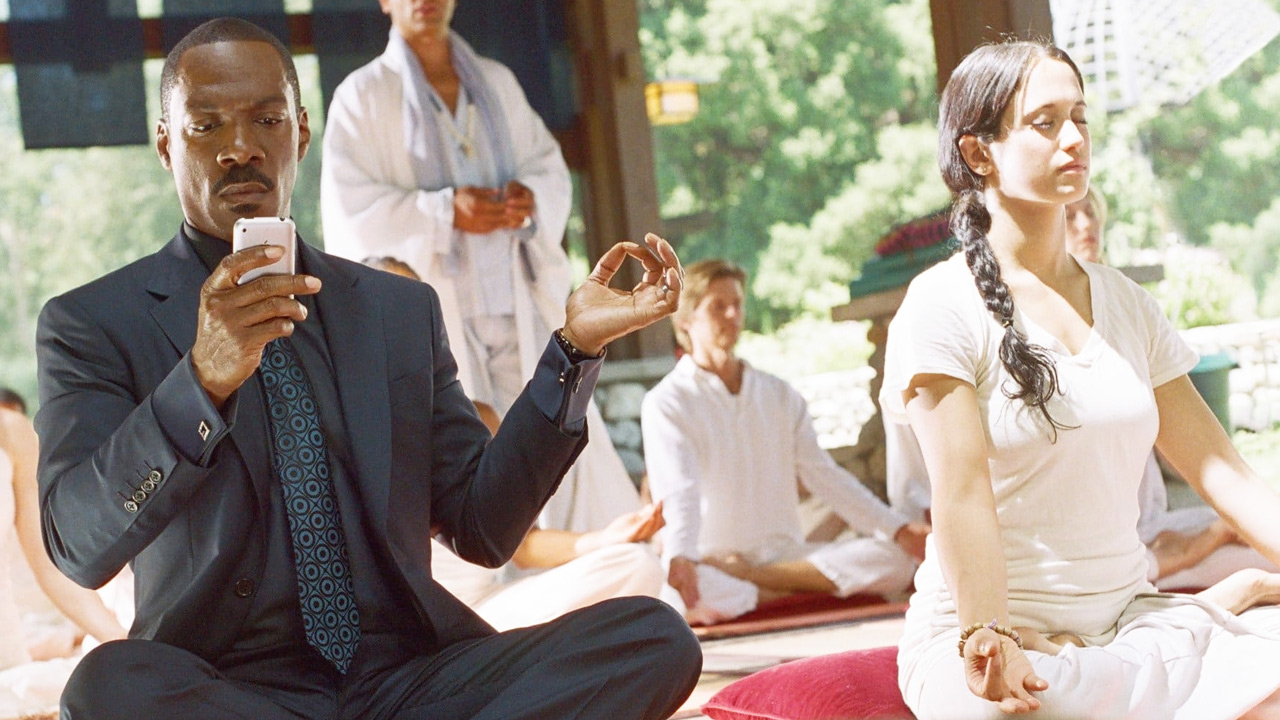
Sinja instructs McCall not to speak for three days, asking “how hard can it be?” This of course leads to an array of scenarios in which the protagonist is required to talk, lest he offend certain parties or derail his career. In day care with his toddler son, he’s told he must sing along to “The Wheels on the Bus”. At home, his wife Caroline (Kerry Washington) really needs to have that big D and M (later, she dresses up in dominatrix clothes and is outraged when he won’t talk dirty).
At work, McCall is under pressure to land a deal during an important telephone meeting. This may be the film’s least funny scene, though the competition is fierce. To bluff his way through the conversation, McCall activates a bunch of conveniently located speaking toys, getting an Austin Powers doll to say “yeah baby” and an E.T. one to say “be my friend.” The guy on the other end of the line doesn’t even notice that McCall isn’t speaking; it makes absolutely no sense.
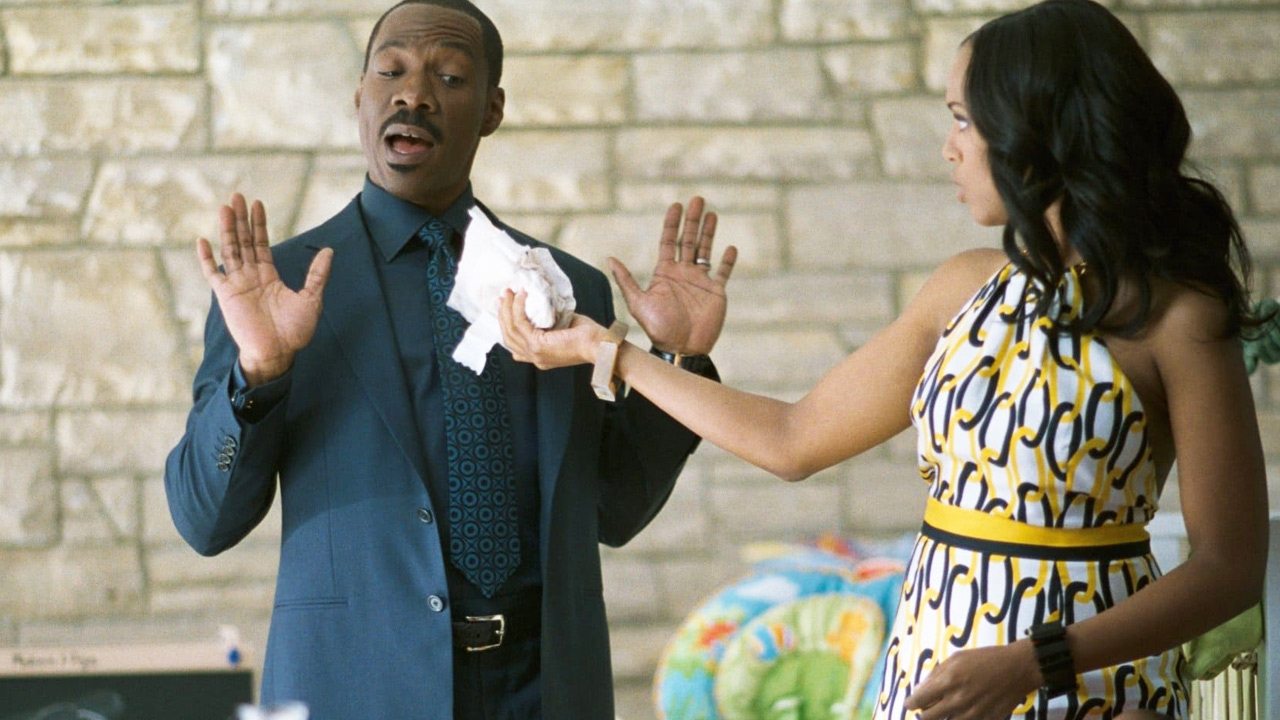
All this is painful to watch, but the brutal, brain-mashing cheesiness of the last act is sheer torture. After watering the tree, the now linguistically economical McCall says to Caroline, who is holding their bub in her arms, “you, me, we, eternity.” He then goes to a beach and experiences tender flashbacks of his wife and son (who he just saw!) before visiting his mother to tell her “I love you.”
Robbins cuts to more leaves falling off the tree (make it stop!) then has McCall visit his father’s grave, where he says “I forgive you,” as if the relationship between him and his old man were some key unresolved drama in the story, and not just shoehorned in at the last minute. Forgiving his dad prompts the tree to come back to life and bloom roses. Can somebody pass the vomit bag?
You may have ascertained, by now, that I do not disagree with Rotten Tomatoes’ remarkably low or perhaps that should be non-existent score. I get the appeal of going against type and shirking expectations, like when Nicolas Cage plays a character who’s quiet and restrained. But if A Thousand Words is an indicator of what happens when Murphy stops speaking, I say: let the man talk, and talk, and talk.





